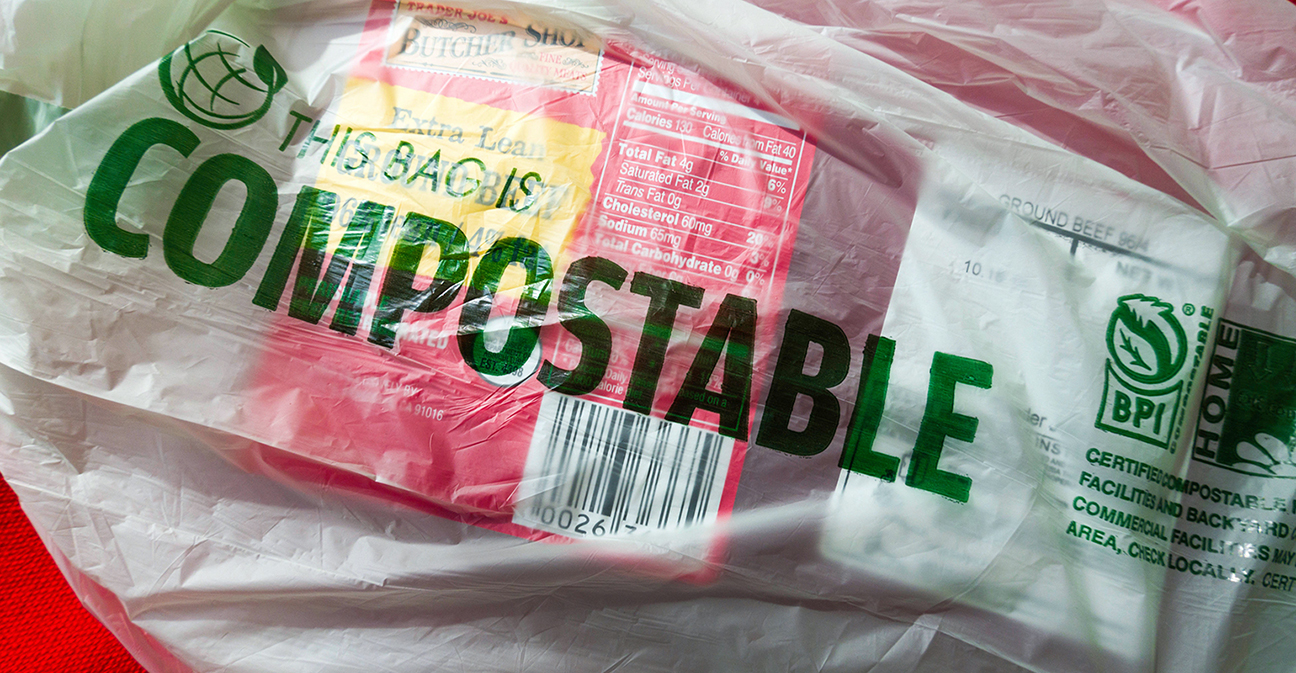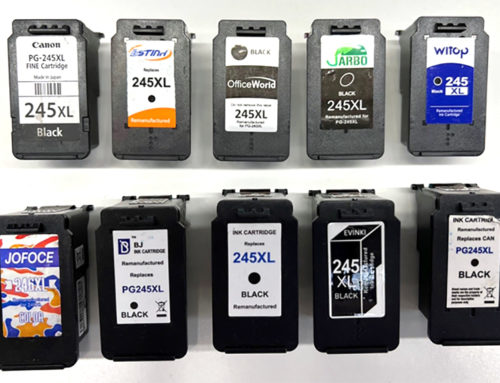In a monumental stride towards sustainability, the United States Composting Council (USCC) and the Biodegradable Products Institute (BPI) have joined forces to release a comprehensive set of guiding principles aimed at revolutionizing the labeling of compostable products. These groundbreaking principles, meticulously crafted through months of rigorous consensus-building, represent a significant milestone in the quest for a more sustainable and environmentally responsible future.
Comprising a diverse task force that included compostable product manufacturers, certifiers, municipal leaders, allied members of the USCC, and compost manufacturers, these guiding principles reflect the collective wisdom and experience of stakeholders deeply invested in the sustainability cause. The task force was driven by a shared vision: to ensure that compostable products are not only easily identifiable but also seamlessly integrate into composting facilities while upholding the highest standards of environmental responsibility.
Central to these principles is the notion that compostable products must bear distinct distinguishing elements, such as tinting and striping, coupled with certification logos. In contrast, non-compostable items must be unequivocally prohibited from adopting identical labeling or deploying misleading terminology. This differentiation ensures that consumers can make informed choices and compostable products can be processed efficiently in compost facilities.
One of the key highlights of the principles is the insistence on required laboratory testing for all compostable items. Furthermore, the guidelines strongly encourage the consideration of field testing, aligning with the objective of real-world applicability and performance assessment.
Frank Franciosi, the executive director of the US Composting Council, emphasized the task force’s commitment to addressing the challenges faced in the journey to ensure compostable products reach compost manufacturers, remain easily distinguishable, and effectively break down in composting facilities. “Having representative voices at the table ensured that the principles reflect the real-world conditions and the business choices facing compost manufacturers. We hope product manufacturers, brands, and regulators will quickly and voluntarily adopt these principles,” he remarked.

While a few existing labeling bills already include requirements for third-party certification and adherence to current ASTM testing standards, the newly released principles introduce several innovative elements to bolster sustainability efforts:
- Limiting Scope: Compostability claims are now limited to products that come into contact with, contain, or transport food products, scraps, or other organic materials accepted by compost manufacturers.
- Eliminating Misleading Terminology: The guidelines unequivocally prohibit the use of misleading or unsubstantiated terms such as “biodegradable,” “degradable,” and “decomposable.”
- Field Testing Emphasis: Recommending field testing to ensure compatibility with facility conditions underscores the commitment to real-world effectiveness.
- Distinctive Labeling: Compostable products like produce and food collection bags, and other food service ware are required to bear the label “compostable,” a certification mark, and, depending on the product, distinguish themselves with green, brown, or beige color, tint, or a quarter-inch stripe.
- Preventing Imitation: Non-compostable food packaging and food service ware are prohibited from using identical compostable colors, labeling, or marks.
- Environment-Specific Claims: Degradation claims are restricted to specific, intended environments, such as compost or agricultural soil.
- Consumer Clarity: Compostable products are exempted from using resin ID codes to reduce consumer confusion.
Rhodes Yepsen, the executive director of BPI, emphasized the broader implications of these principles, stating, “With interest in both composting and compostable products increasing across the United States, we are excited to partner with USCC on co-branded labeling principles that will guide policies to combat contamination from conventional packaging and boost confidence in accepting certified compostable products.” The need for uniform requirements and standards for both producers and receivers of compostable products is evident as policies on compost infrastructure and compostable product labeling vary significantly from state to state.
Susan Thoman, managing director of Compost Manufacturing Alliance, another key task force member, and a national field testing certification organization, underscored the historical significance of these guidelines. “The concepts in these guidelines began in Washington State where we worked years ago to begin addressing this issue in legislation. Having these adopted in a number of states, or nationally, would be a game-changer for compost manufacturers.”
The USCC and BPI are committed to disseminating these principles widely through webinars, meetings, presentations to legislators, legislative staff, regulators, and industry and environmental advocacy groups. These guidelines are also open for use by other advocates seeking to advance sustainable practices. Ultimately, the principles aspire to inspire legislation that will create uniformity across states or even national legislation to standardize compostable product labeling, setting the stage for a more sustainable future where responsible consumption is the norm.






